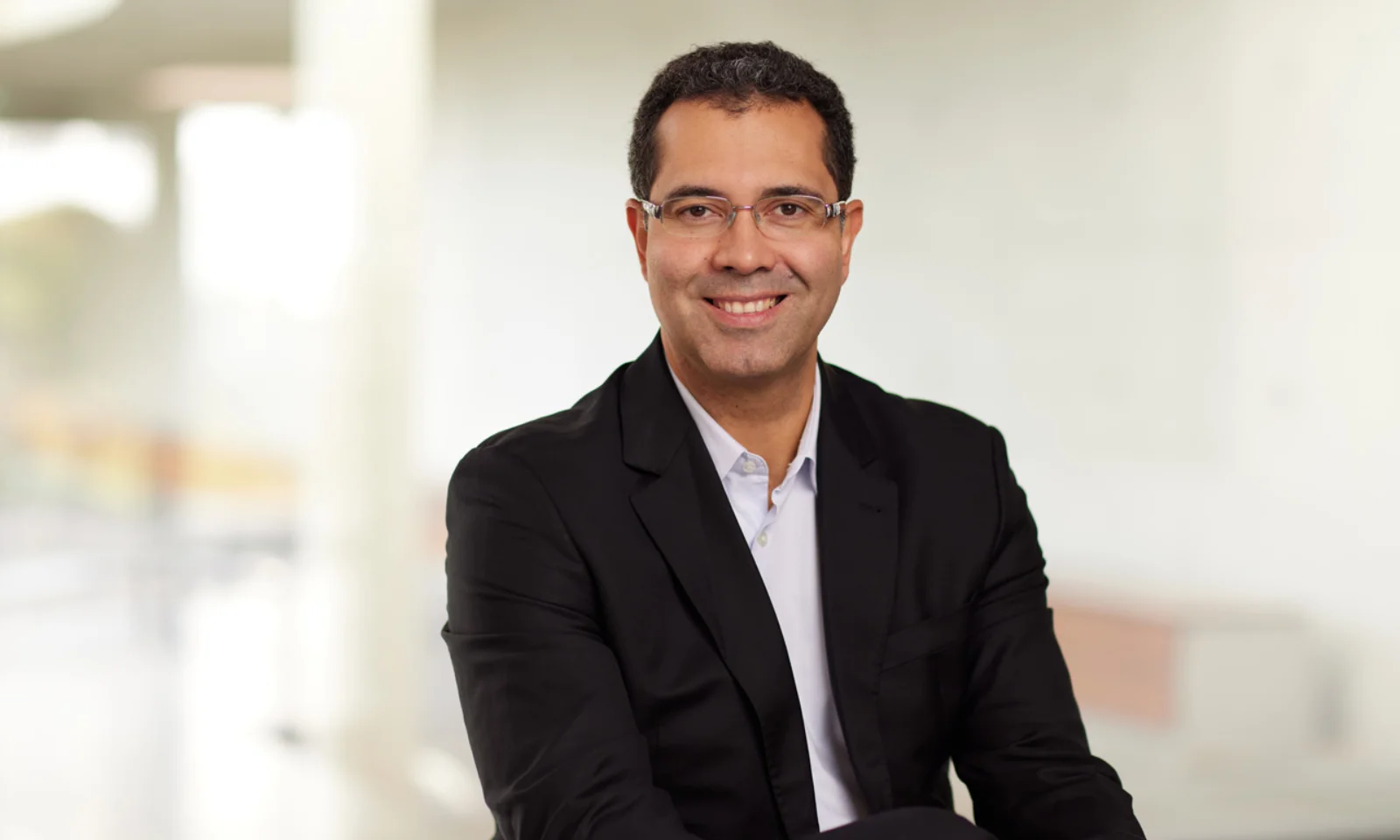For a long time, there has been a lot of talk about the importance of innovation and creativity in different settings in our society, more recently, in the world of idea production, business ventures or startups. The reception of this concept (innovation) in the world of technology has practically converted it into one of the main, day-to-day premises of many companies, and today, many of them say to be “the most innovative” or that “they have innovative processes” or that they supplement their processes with an “area of innovation.” On the other hand, one can also think that it’s a term attributable only to the characteristics and goals of the business ventures of our times. We hear a lot that the best business ventures come out of innovation or a reinvention of some product or service.
All of this is very good and brings companies (mature or startups) and their collaborators to refresh their processes as well as work and productivity models. The intention is not to criticize innovation but to emphasize one of its most fundamental pillars, the people, and to understand that this concept transcends corporate guidance of organizations and that it should be something that’s also addressed from an individual point of view. We don’t intend, with this writing, to explain the profundity of what this concept, so vast and studied by experts, addresses, but to look for a reflection about what we do in our day-to-day, what we believe it is to “innovate,” and finally, to ask ourselves as an active part of an organization like Sophos Solutions: Who has the responsibility to innovate and manage innovation in a company?
In general, many of us could quickly assume that the innovation processes or the generation of grand, eye-opening, disruptive and successful ideas are the responsibility of the people who are part of the corporate innovation areas or research and development (R+D), even including that it’s the responsibility of the leaders, because in the end, they are the ones in charge of leveraging the results with “innovative strategies.” Nevertheless, from my point of view, few talk about the importance that, as an active part in corporate processes, each person claim their part in the responsibility of rethinking their daily activities and looking for ways to optimize them, identifying and proposing changes or improvements that contribute to the goals.
Considering everything that the idea of being innovative implies, we can test the concept on a small scale. This then means exercising creativity, even with the smallest of activities, to foster the habit of questioning ourselves if the way we do things can be different or better, although the idea doesn’t mean taking this to the other extreme of making activities more complicated. We break away subtle changes in the day-to-day, for example, like managing alerts or activity reminders, registering the daily plan, or using abilities in the management of different corporate tools that we have at our disposition to manage the flow of information in other ways thanks to our work. We can observe, for example, if mechanic or repetitive tasks can be automized with technological support or if information could be centrally optimized for everyone else. In the end, the possibilities and scenarios are open to being taken advantage of according to the needs we have. At the end, the goal will be to generate a new value as a result of our tasks which facilitates the arrival at our goals. To achieve this, we should put aside the fear of going outside of our functions; on the contrary, we could consider this observation critical to our activities as a way of boosting our functions and contributing even more to corporate processes.
Finally, I invite you to reconsider yourselves as agents of change, to propose different ways of doing things without fear, to have in mind that every activity that we carry out contributes, every email, every message, every document that we create. Everything that we do has value, and this value has an effect on the goal that we devise as a team.



